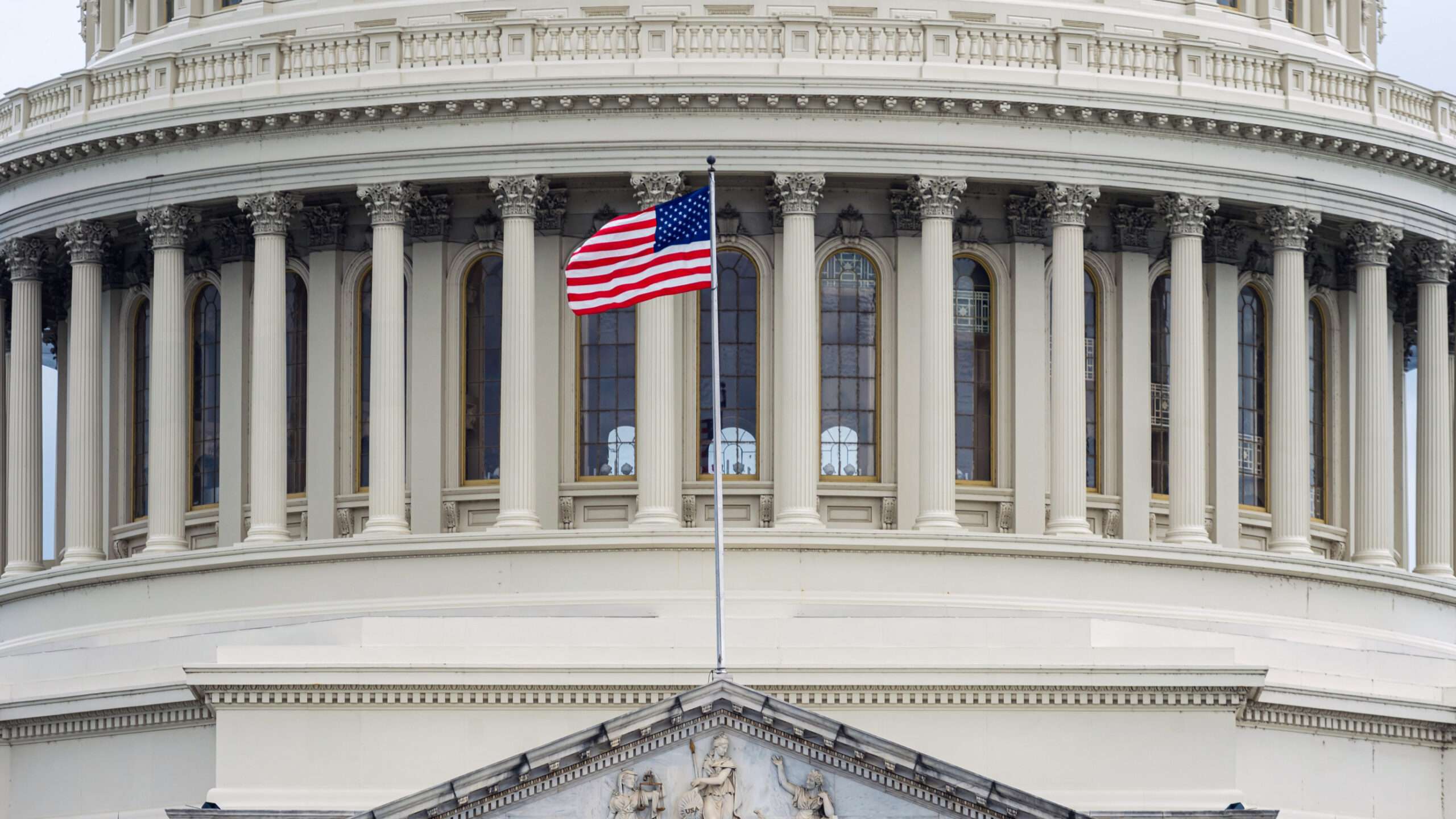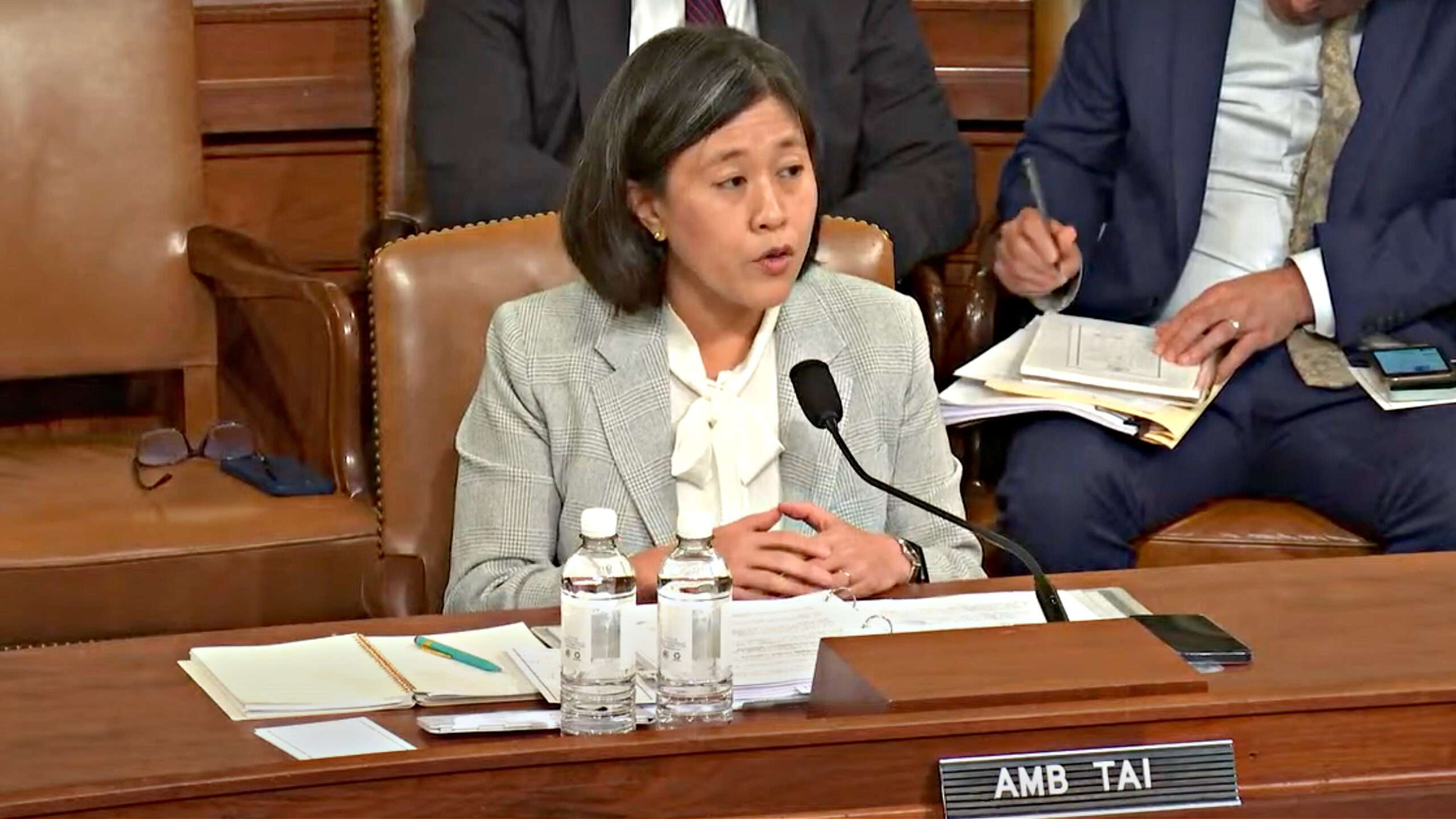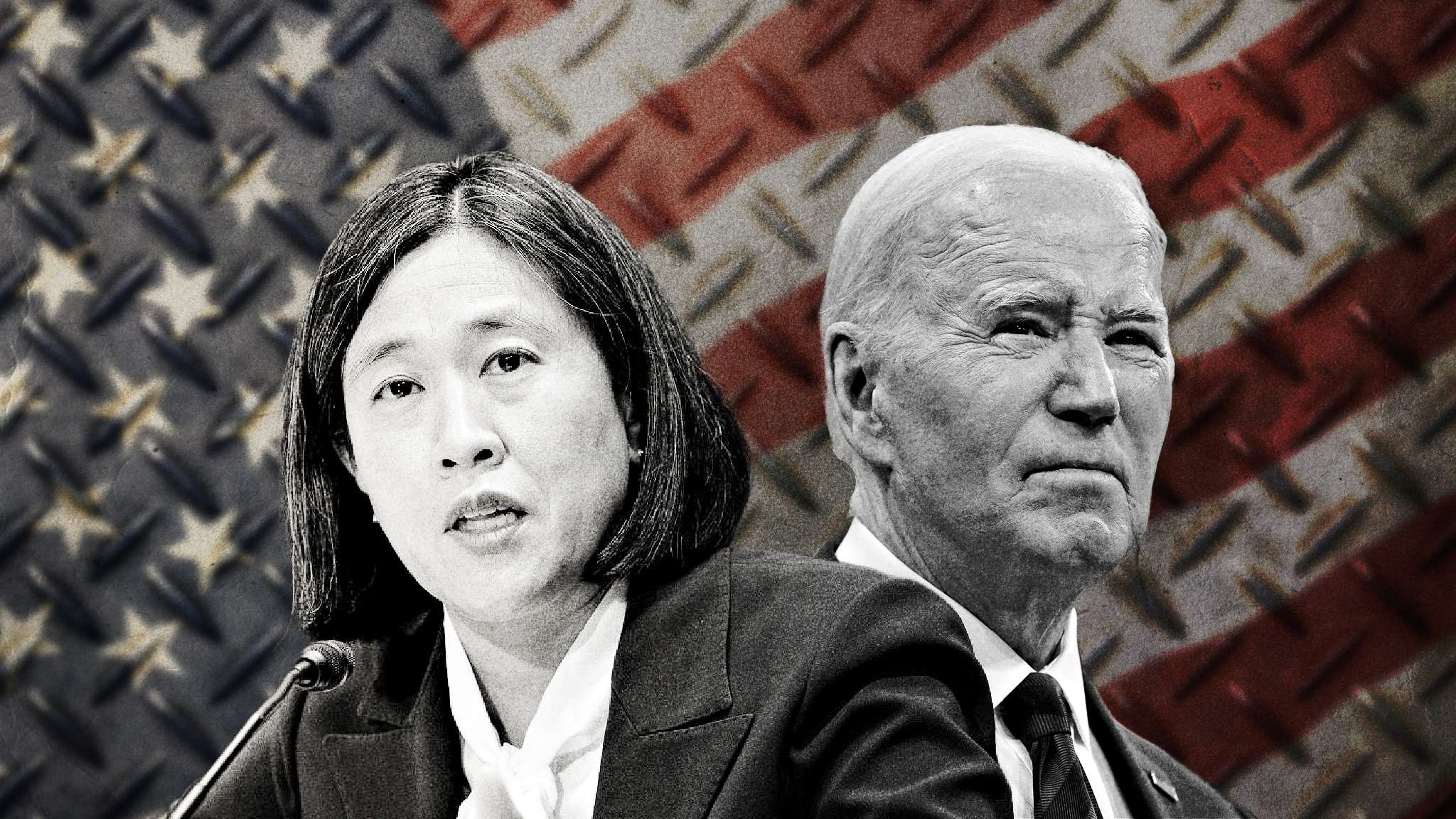
On a bleak February day, in plenty of time to impact the 2016 Indiana presidential primary, a flush U.S. corporation named United Technologies abruptly announced that it would be closing two Indiana manufacturing plants employing some 2,100 Americans — and shifting the plants’ operations to Mexico.
[Carl M. Cannon| June 9, 2016 |Real Clear Politics]
The news, delivered by United Technologies’ Carrier division President Christopher Nelson, took workers in the two impacted cities, Indianapolis and Huntington, by surprise. It also shocked Indiana politicians of both parties who’d helped secure tax breaks for the Connecticut-based conglomerate. Both plants were highly profitable, as are Carrier and United Technologies, the latter of which reaps huge annual profits from government contracts.
When distraught workers voiced expressions of betrayal, Nelson told them to “quiet down” so he could finish talking. “I want to be clear,” he added. “This is strictly a business decision.”
It was an odd thing to tell people losing their livelihoods. Obviously, this was a business decision—what else could it be? Yet to the employees it was also quite personal, especially in Huntington, where the plant’s relocation threatened not only families but an entire town.
Asked to explain the move, company suits spewed boilerplate rhetoric that added to workers’ frustration. “We have to look around the corner and see how this market will change in order to invest and stay in business another 100 years,” said Robert McDonough, a United Technologies executive. “You can blink and see your market position erode.”
That’s one justification. To be sure, the corporate landscape in this country is littered with the names and logos of hundreds of once-thriving, billion-dollar companies that went bankrupt because they didn’t anticipate looming technological advances. Their iconic names ring out, as if from capitalism’s graveyard: Anaconda Copper, Tower Records, Knight-Ridder Newspapers, Peabody Energy.
To the loyal employees who labored for an average of $23 an hour in United Technology’s two money-making Indiana plants, technology wasn’t the issue in this case. Neither was the inexorable pressure of globalization. The workers believe that the culprits are simply boardroom greed, crony capitalism, and bad governance—the latter epitomized by the North American Free Trade Agreement.
Powerless to change company executives’ minds, aggrieved Hoosiers turned for solutions to Bernie Sanders and Donald Trump, two presidential candidates who relentlessly campaigned against NAFTA—and who made a point of denouncing United Technologies by name.
Partly on the strength of this stance, both insurgent candidates upended their party’s establishment in Indiana’s May 3 primary. Sanders’ win kept him going another five weeks. Trump’s drove the last remaining Republican challengers from of the field.
In a story that included the inevitable cellphone video recording, The Huffington Post’s headline explained the phenomenon succinctly. “Watch Corporate America Turn a Roomful of Workers Into Bernie Sanders and Donald Trump Supporters.”
Whatever current Republican Party leaders think of free trade, or what they think of Ronald Reagan, it’s a historical fact that the Gipper championed globalism all his adult life, well before that term became commonplace. In his 1979 presidential announcement speech, Reagan outlined his vision for a “North American accord,” which led to a “framework agreement” with Mexico that became the roadmap for NAFTA.
After its details were hammered out by the George H.W. Bush administration, it was left to Bill Clinton to usher the treaty through both houses of Congress. Clinton had vowed, albeit tepidly, to work for NAFTA’s passage, and he proved good to his word and up to the task. Clinton enlisted Bush—the man he’d defeated—along with Gerald R. Ford and Jimmy Carter to help him round up votes. It was tougher going on the Democratic side. House Speaker Tom Foley backed the president, but Majority Leader Richard Gephardt and Democratic Whip David Bonior set up rival efforts in the House trying to block it.
In the end, the free traders prevailed, and NAFTA became law in late 1993. What it did, basically, was eliminate tariffs for goods imported and exported between Mexico, the U.S., and Canada. (Under George W. Bush, Chile, the Dominican Republic and the six nations of Central America were also brought into the fold.)
NAFTA was lauded by its supporters as more than a trade deal: It was envisioned as a measure that would boost the efficiency and quality of Mexican production, while discouraging the need to emigrate across the U.S. border.
“I believe we have made a decision now that will permit us to create an economic order in the world that will promote more growth, more equality, better preservation of the environment, and a greater possibility of world peace,” Clintonsaid while signing it.
There were always doubters. The most prominent was probably Ross Perot, who during his 1992 presidential race steadfastly maintained that NAFTA created an obvious incentive for American manufacturers to relocate across the border to take advantage of weaker governmental regulations and lower wages.
“We have got to stop sending jobs overseas,” Perot intoned in an October 15, 1992 debate with his two pro-NAFTA rivals. “To those of you in the audience who are business people, pretty simple: If you’re paying $12, $13, $14 an hour for factory workers and you can move your factory south of the border, pay a dollar an hour for your labor, have no health care … have no environmental controls, no pollution controls and no retirement, and you don’t care about anything but making money, there will be a giant sucking sound going south.”
In the ensuing two decades, two trends emerged. The first was that, although the nation’s unemployment rate has fluctuated through cyclical booms and recessions, wages for middle-class families have remained stagnant. The second is that, by and large, economists do not blame NAFTA.
The notable exception is the Economic Policy Institute, a union-backed think tank. It asserts that NAFTA held down wages in the United States, blew up the U.S. trade deficit, made it harder for workers on both sides of the border to organize, and estimated that 700,000 U.S. jobs were lost to Mexico.
On the 2016 campaign trail, Sanders dutifully quoted the EPI study, and vowed to “fundamentally rewrite NAFTA” if elected. But it’s a matter of record that few independents economists concur with this analysis.
Professor Mauro Guillen at the Wharton School—Donald Trump’s alma matter—believes that most of the lost jobs lost would have gone anyway, probably to China, and that because of their proximity to the border the effects on the U.S. economy were greatly mitigated.
“Many of the products made in Mexico are designed in the United States,” he said. “So there are a lot of jobs created here.”
Congressional Research Service, Congress’ respected and decidedly nonpartisan policy research entity, also sifted through the research into NAFTA’s effects. “NAFTA did not cause the huge job losses feared by the critics or the large economic gains predicted by supporters,” according to a 2015 CRS report. “The net overall effect of NAFTA on the U.S. economy appears to have been relatively modest.”
Another research group, the Organization for Economic Cooperation and Development, reached similar conclusions. “The net employment effects were relatively small, although there were adjustments across sectors displacing workers,” it said.
Despite its bureaucratese, this last sentence is key. It reminds us that most elite economists do not live in Huntington or Indianapolis—or build their careers on wages of $23 an hour. More to the point, neither do the corporate managers of United Technologies. And this dynamic is what Sanders and Trump seized on.













